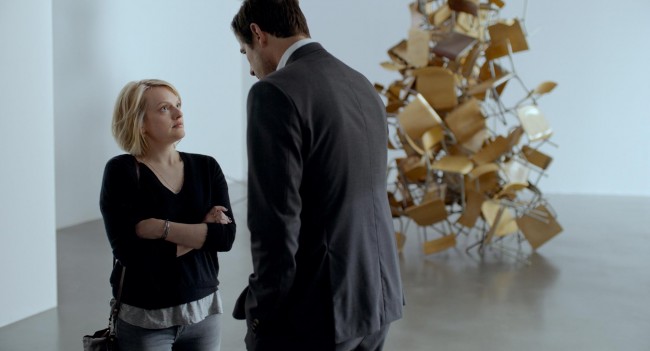By Jake Howell jake.howell@utoronto.ca
Cannes Review: THE SQUARE
When Ruben Östlund’s Force Majeure debuted in Un Certain Regard in 2014, its rapturous reception and subsequent Jury Prize made some wonder why it wasn’t in the Competition to begin with. Often this happens to directors relegated to the Festival’s sidebar—women in particular—but with The Square, a late addition to the festival’s Competition line-up, this slight has been remedied. And it just may go the distance.
The Square is a right-angled triangle—a film with three sharp, pointed edges and a very long ending that’s too rigid for it to turn a corner and assume its final shape. But as the follow-up to a film about the social contract, as well as the bystander effect, Östlund has made something hilarious, frustrating and very clever.
We follow Christian (Claes Bang), head curator of a contemporary art museum, as he and his team try to fashion a media campaign that will ignite interest in a new installation: “The Square,” an illuminated quadrangular that, once you enter it, becomes “a sanctuary of trust and caring,” according to its artist manifesto. “Within it, we all share equal rights and obligations.”
The idea that the social contract would hold up—indeed, be embraced—in a small public enclosure is intriguing, the exact type of “gotcha” scenario that its creator could point to and use to comment on human nature, were something to go horribly wrong.
But why do we need an installation to ask us to maintain the social contract? Take someone’s phone getting stolen in a public plaza—a theft that happens to Christian at the top of film, setting off a chain of events that has you laughing and scratching your head (and with some excellent soundtrack decisions, banging it, too).
Like a 142-minute episode of Swedish “Seinfeld”—if Jerry ran a museum—The Square is interested in asking “what if?”, a phrase that opens many of the existential questions pertaining to art’s intersection with society. And it’s a playful jumping-off point for Östlund, whose bitingly satirical script dances in and just outside of that box, always circling back through a series of roughly connected vignettes to a central idea: Can art go too far?
Can a filmmaker intentionally write an ending so grating it ruins the rest of the movie? Should a performer be stopped because their performance becomes violent and unsafe? By its very artistic ambition, does the performance require its audience to stop the artist from becoming violent?
As this film makes its way through the festival circuit, attentive audiences will find these questions are subtly, intricately linked.
















